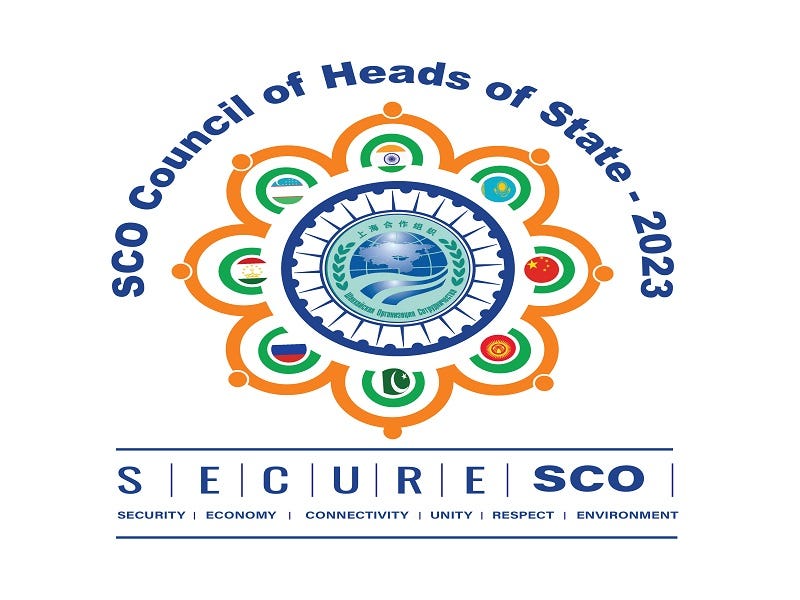While it can’t be known for sure, this decision might have been due to the continued Sino-Indo impasse over their border dispute.
India’s announcement that the next SCO leaders’ summit in early July will be held in a virtual format instead of the in-person one that many expected caught plenty of observers off guard. No official explanation was given, which led to speculation about the real reason. While it can’t be known for sure, this might have been due to the continued Sino-Indo impasse over their border dispute. Prime Minister Modi could have been placed in an awkward position hosting President Xi under these conditions.
China is a founding member of the SCO so it follows that India would have to invite its leader lest Delhi risk ruining the summit by declining to do so and thus prompting the People’s Republic to encourage its partners not to attend out of protest at this diplomatic insult. Likewise, President Xi would also feel compelled to attend the event in-person and couldn’t turn down the invitation otherwise he’d also risk ruining the summit and thus weakening the SCO as a whole.
Nevertheless, the continued Sino-Indo impasse makes a meeting between their two leaders on the sidelines of this security-related event uncomfortable for both since each remains committed to their state’s respective stance on this issue. Both could come under criticism from nationalist forces at home for supposedly looking weak in the face of the challenge posed by their neighbor if they met, while President Xi’s attendance without meeting his host could prompt speculation about a rift in the SCO.
It’s therefore better to host the next leaders’ summit in a virtual format so as to avoid the abovementioned scenarios that work against those two’s objective interests and their organization’s as a whole. Going ahead with the original plan to host an in-person event would have placed them in a difficult position that could easily be exploited by third parties like the US to divide-and-rule Eurasia by sowing the seeds of distrust between China and India in the public sphere.
These Asian Great Powers veritably have some serious differences that can’t be denied by honest observers, yet they’re wise enough to keep them bilateral and manage these issues in a responsible way that reduces the risk of everything spiraling out of control, both in the military and soft power spheres. President Xi will still almost certainly attend September’s G20 Summit in India alongside other world leaders, but the economic nature of that event makes it altogether different than July’s SCO Summit.
Bilateral trade reached an all-time high of $135 billion last year in spite of the continued Sino-Indo impasse, which speaks to their pragmatism in not letting this issue impede the growth of mutually beneficial economic ties. It therefore makes perfect sense for President Xi to attend an economically focused multilateral event in person since this dimension of their relations has strengthened as opposed to attending a security focused one when that dimension of their relations has deteriorated.
With these calculations in mind, it’s indeed a smart move for India to host the next SCO leaders’ summit in a virtual format that allows it and China to keep up their group’s unified front in a way that avoids either of their leaders feeling uncomfortable like they would have if the former in-person format remained. This change also prevents the US from exploiting the optics of intra-organizational division that could have emerged had the original plans remained intact as explained. All told, it’s for the best.




